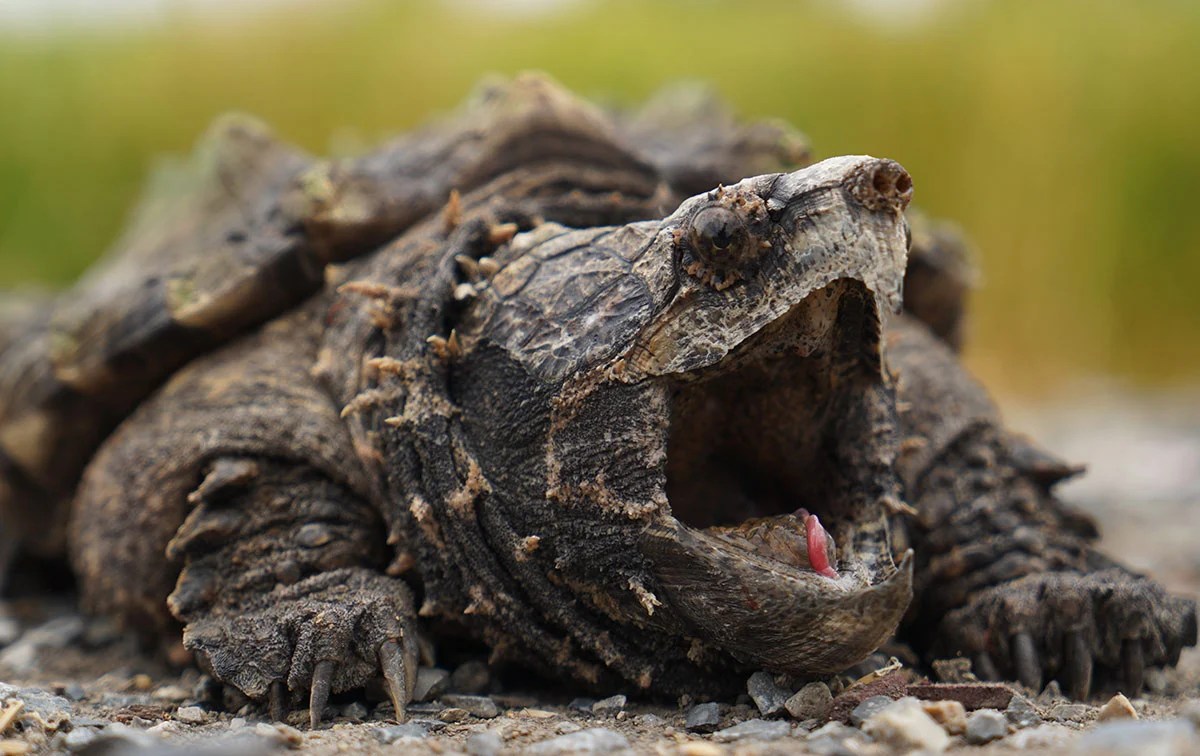When it comes to turtles, many people are fascinated by these gentle creatures, often keeping them as pets or observing them in the wild. However, a common question arises regarding their behavior—specifically, whether a turtle bite can be poisonous. This inquiry is not just about the potential for pain but also about the health risks that may be involved. Understanding the nature of turtle bites can help turtle enthusiasts and pet owners make informed decisions when interacting with these animals.
While turtles are generally known for their docile nature, they are still wild animals with the capability to bite if they feel threatened or provoked. It is important to distinguish between the bite itself and the potential for venom or poison. Many people may fear a turtle bite due to misconceptions, but it is crucial to look at the facts and consult reliable sources to understand the true nature of these interactions.
This article aims to provide comprehensive insights into the question of "is turtle bite poisonous?" by exploring the anatomy of turtles, their behaviors, and the potential health implications associated with their bites. Whether you are a turtle owner, a wildlife enthusiast, or simply curious about turtles, this guide will shed light on this intriguing topic.
What Types of Turtles Are There?
Turtles come in various species, each with unique characteristics and behaviors. The main categories include:
- Sea Turtles: These turtles live in oceans and are known for their migratory patterns.
- Freshwater Turtles: Found in rivers, lakes, and ponds, these turtles are common pets.
- Tortoises: Often confused with turtles, tortoises are land-dwelling and have a more rounded shell.
Are Turtle Bites Dangerous?
When considering whether a turtle bite is poisonous, it is essential to look at the nature of the bite itself. Turtle bites can indeed be painful, especially from larger species, but they are not venomous. However, several factors can contribute to the danger of a turtle bite:
- Size of the Turtle: Larger turtles, such as snapping turtles, can inflict more significant damage.
- Infection Risk: While the bite itself is not poisonous, it can lead to infection if not properly treated.
- Allergic Reactions: Some individuals may have allergic reactions to turtle saliva, though this is rare.
How Do Turtle Bites Compare to Other Animal Bites?
When comparing turtle bites to those of other animals, such as dogs or cats, turtles are generally less dangerous. However, it is still vital to exercise caution. Here are some comparisons:
- Dog Bites: Typically more severe and can be infected more easily.
- Cat Bites: Also considered dangerous due to the bacteria in their mouths.
What Should You Do If You Get Bitten by a Turtle?
If you find yourself on the receiving end of a turtle bite, here are the steps you should take:
- Clean the wound thoroughly with soap and water.
- Apply an antiseptic to prevent infection.
- Monitor for signs of infection, such as redness, swelling, or pus.
- If symptoms worsen, seek medical attention.
Can Turtles Carry Diseases?
While turtle bites are not poisonous, turtles can carry diseases that may pose health risks to humans. The most common disease associated with turtles is salmonella. Here is how it can affect you:
- Transmission: Salmonella can be transmitted through contact with a turtle's shell or habitat.
- Symptoms: Typically include diarrhea, fever, and abdominal cramps.
- Prevention: Wash hands thoroughly after handling turtles or cleaning their habitats.
What Are the Signs of a Turtle Bite?
Identifying a turtle bite can be straightforward. Here are some common signs to look for:
- Redness and Swelling: The area around the bite may be inflamed.
- Pain and Tenderness: Biting can cause immediate pain.
- Bite Marks: Visible marks will be present, indicating the turtle's jaw size.
Is Turtle Bite Poisonous? Final Thoughts
In conclusion, the question of "is turtle bite poisonous" can be answered with a definitive no—turtle bites are not poisonous. However, caution should still be exercised when interacting with these creatures. Understanding their behavior, the potential risks of bites, and the diseases they may carry is crucial for anyone who owns or interacts with turtles. By taking appropriate safety measures, you can enjoy the company of these fascinating animals without unnecessary fear.
Should You Keep Turtles as Pets?
For those contemplating keeping turtles as pets, it is essential to weigh the pros and cons. Turtles can be low-maintenance pets when cared for properly, but they require specific environments and diets to thrive. Consider the following:
- Space Requirements: Turtles need ample space for swimming and basking.
- Diet: They require a diet rich in vitamins and minerals.
- Long Lifespan: Turtles can live for decades, so be prepared for the long-term commitment.
Conclusion
In summary, while turtle bites may be painful, they are not poisonous, and the risk of serious injury is relatively low. By understanding how to interact safely with turtles, you can appreciate these remarkable creatures while minimizing any potential risks. Remember always to treat turtles with respect and care, ensuring a safe environment for both you and the animals.
You Might Also Like
Capturing Love: The Art Of DPs For Your GirlfriendSpa-tacular Birthday Bash: Creative Spa Birthday Party Ideas For 10 Year Olds
Discovering The Delights Of Trader Joe's Semolina
Understanding The Conversion From Ton Of Dirt To Cubic Yards
The Enigmatic Journey: The Path Of Helen
Article Recommendations
- The Enigmatic Life Of Tyler Hoechlins Wife In 2024 Unveiling The Mystery
- Cholea Surreal An Insightful Guide To Its Mystique And Significance
- The Fascinating World Of Jonathan Karls Children A Glimpse Into Their Lives


